
Thinking spatially in turbulent times
Projects
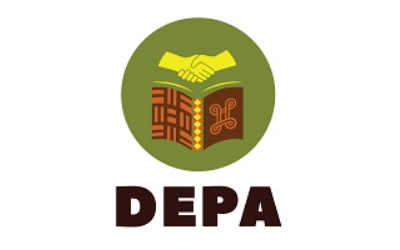
Decolonising Education for Peace in Africa (DEPA)
Many African countries have long struggled with war and conflict, despite efforts for peace. Peace education, crucial for preventing and reducing conflict, has been limited in its impact. This is partly due to the Eurocentric and liberal values in its pedagogies and curricula. While there's a call to decolonize the broader African curriculum, it mostly remains a critique without implementation. DEPA aims to fill this gap by creating teaching materials based on local knowledge and values, especially regarding peace, to support those most affected by conflict.

Creative skills for peace economy and education
A new Arts and Humanities Research Council project, Embedding and Enabling Creative Economy in Marginalised Societies: Creative Skills for Peace, to enhance human resource capacity through upskilling young artists for sustainable peace economy. This project is being conducted in collaboration with the Open University – UK (Parvati Raghuram), University of South Africa (Ashley Gunter) and the Midlands State University, Zimbabwe (Tendayi Marovah).
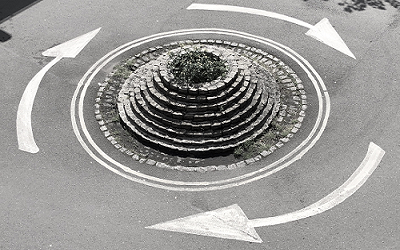
Open City
Three-year ESRC-funded project (co-I Steve Pile) looking at the social and political life of the city to test whether the utopian ideal of the Open City exists in real life, and explore issues of race, migration, mobility and living with diversity. It explores how the city accommodates new forms of urban life, through the social configuration of its spaces and places, and looks at the ways urban government at the city-wide and borough scales reflect, promote or limit the idea of the Open City.

Sustainability, Inclusiveness and Governance of Mini-grids in Africa (SIGMA)
A UKRI-GCRF funded project aiming to improve our understanding of the sustainability, inclusiveness and governance of mini-grids in general, and those in Sub-Saharan Africa in particular, by developing an improved evidence base and a multi-dimensional appreciation of issues and challenges that can support better decision-making for universal electrification globally. The project has been conceptualised through a collaborative process involving a team of UK-based researchers (including Lucy Baker, co-I) and research teams from Nigeria, Senegal, Kenya and Tanzania.
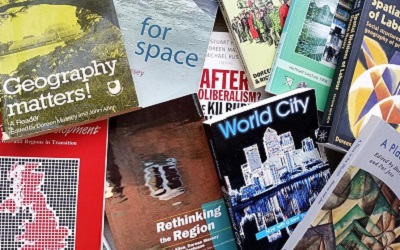
Stories-so-far: Doreen Massey archives project
Led by Carry van Lieshout, Ben Newman and Colin Lorne, this research works in partnership with the Royal Geographical Society (with IBG) where Doreen Massey's are held. The archival research seeks to situate Massey’s intellectual and political trajectories within the specific conjunctures in which they were forged and to help start new conversations by enlivening the archive through different creative and educative engagements.
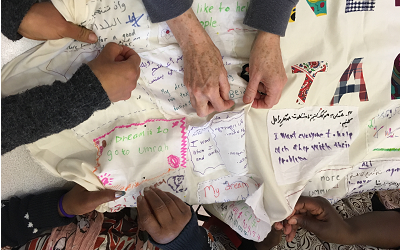
Crafting resilience: cultural heritage and community engagement in post-industrial textile communities
Led by Claire Wellesley-Smith, this postdoctoral fellowship is based on two long-term community based creative heritage projects in former industrial textile districts of northern England. It explores how engagements with cultural heritage through slow, localised craft practices can construct and articulate collective identity and build resilience. It focus on two specific aspects of textile heritage: printing and dyeing, and recycling and repair practices.
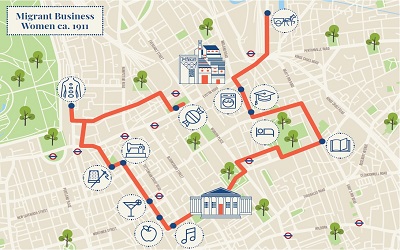
Migrant women in the 1911 census
Co-led by Gunjan Sondhi and Carry van Lieshout, this public engagement project showcasing the contribution of migrant businesswomen to London's history and economy, and exploring how art-based approaches such as storytelling can be used to communicate quantitative UK Census data.
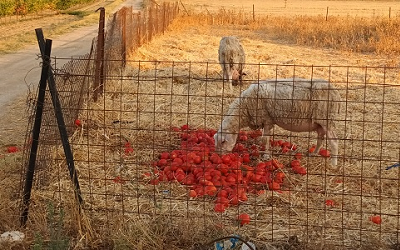
Catalysing transformative food futures for global sustainability (CATAPULT)
CATAPULT explores innovative approaches to food production, processing, distribution and consumption that can help to reduce the environmental impact of the food system. Led by Shonil Bhagwat, this Open Societal Challenge project focuses on issues such as climate change, biodiversity loss, and food waste, the project aims to develop practical solutions that can be implemented at scale to promote more sustainable food systems.
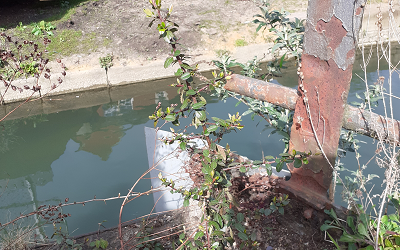
Urban Bio-Labs: Engaging publics with urban heritage through plants
Led by Marion Ernwein and Jan van Duppen, this project brings together an interdisciplinary team of researchers from the OU and University of Oxford with non-academic partners from the heritage (Oxford Preservation Trust) and art-science sectors (Artecology) to explore how plants can be a vehicle for renewing public engagement with urban heritage and its futures.
.png)
Global Inequality and the Climate Crisis in school geography
A collaborative project between researchers, the Geographical Association and teachers in Cameroon, funded by the ESRC. The project is led by Melis Cin (University of Lancaster), in partnership with the Open University (Parvati Raghuram) and the University of Aberdeen (Manu Lekunze). The project aims to address relationships between humans and the climate crisis in the light of global inequalities created by colonial legacies.